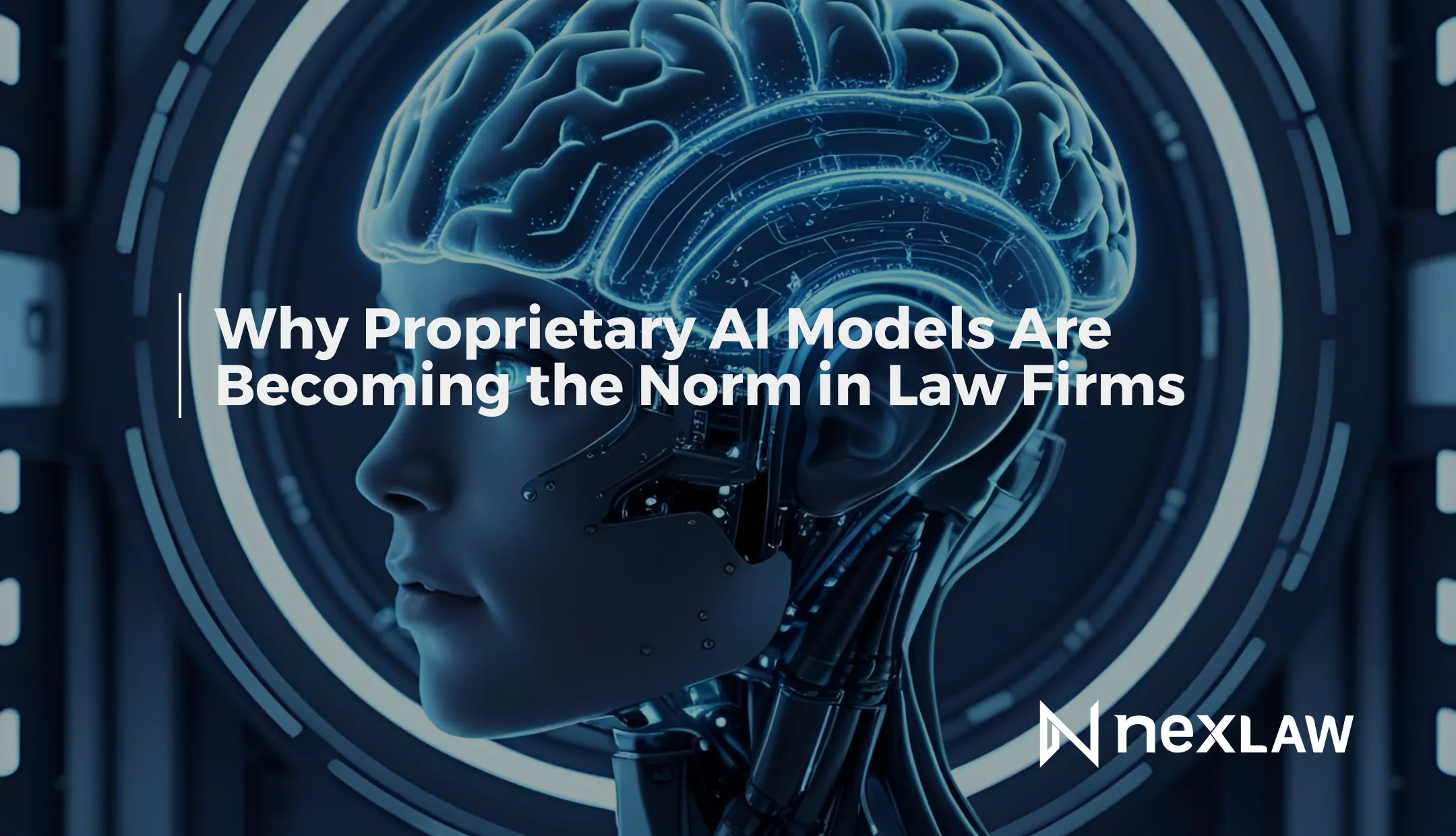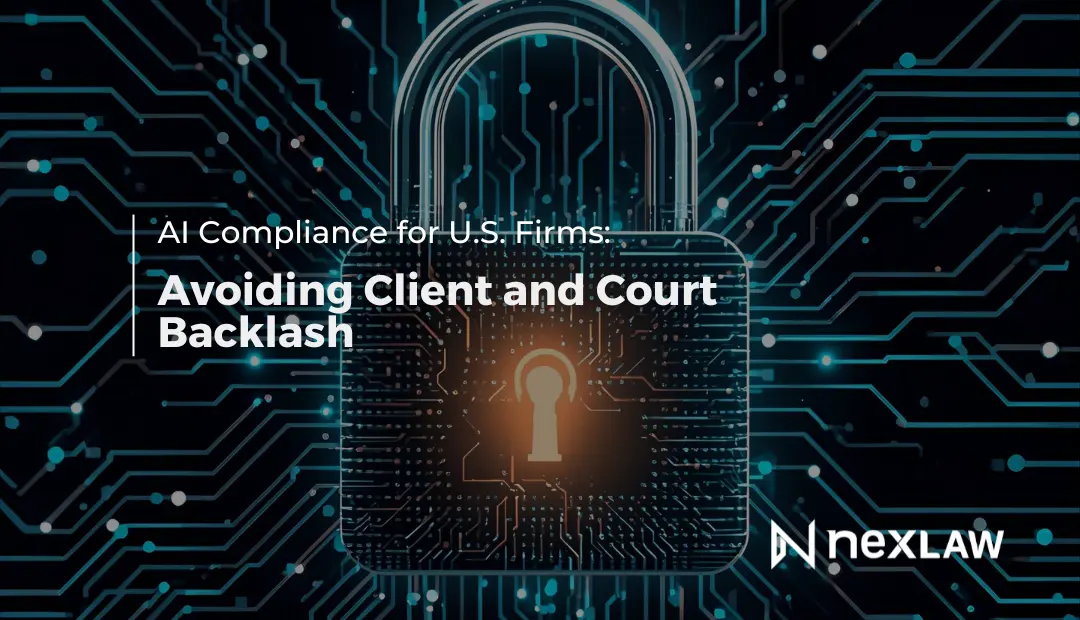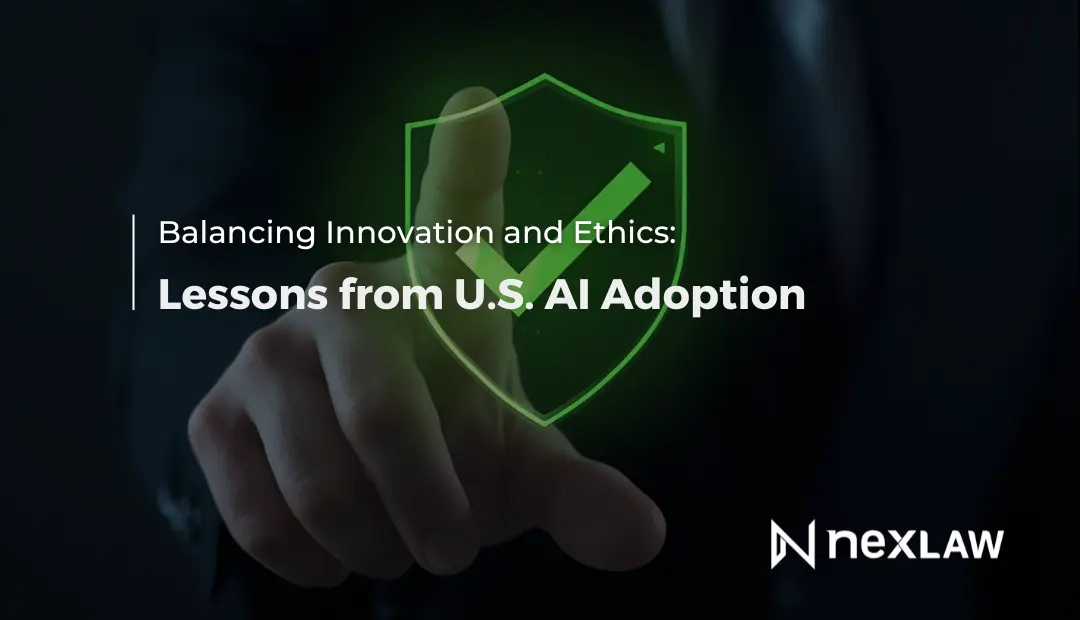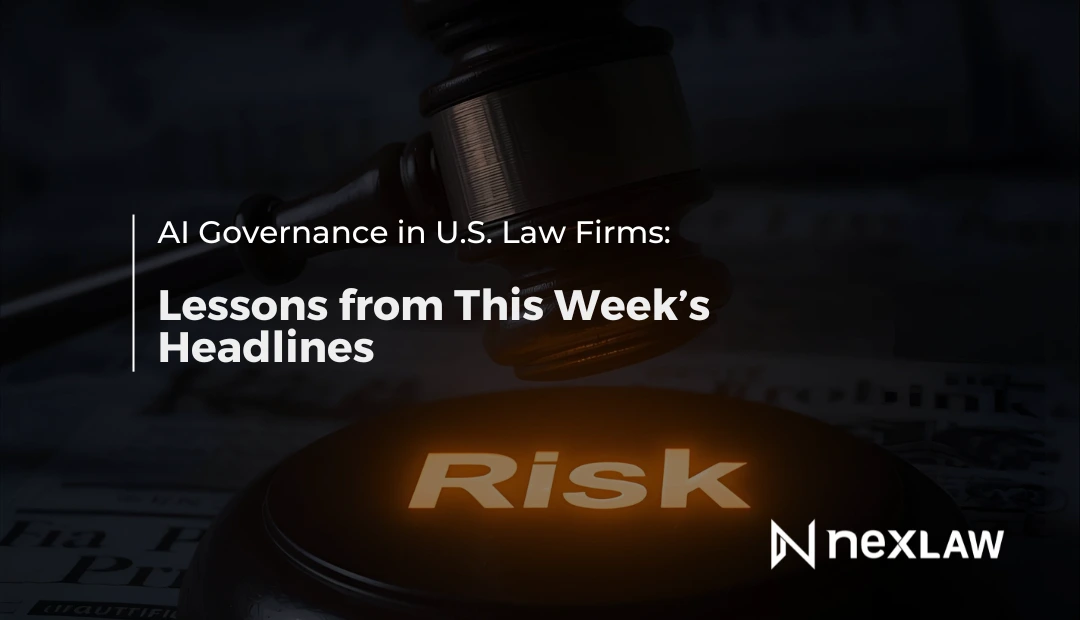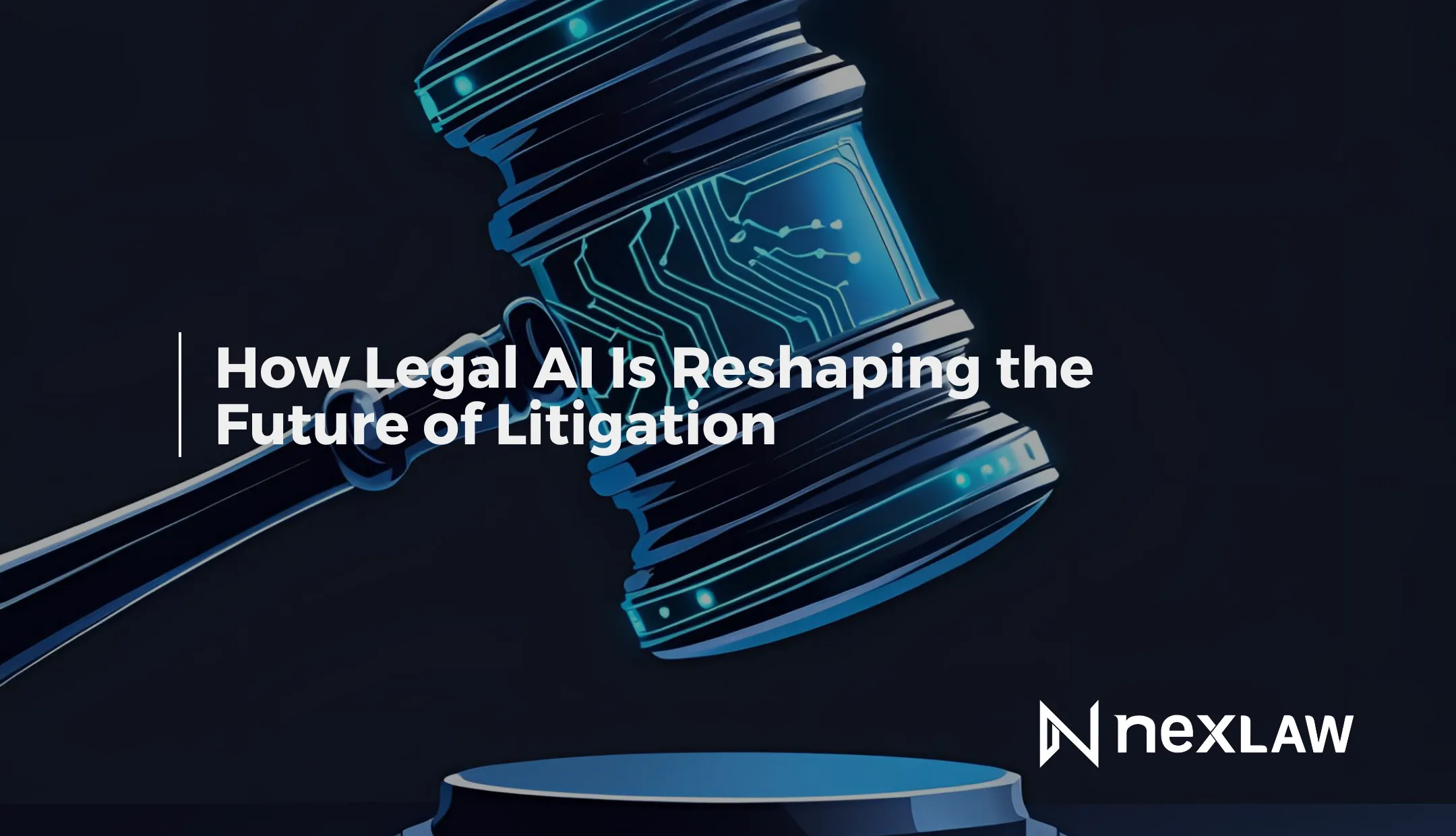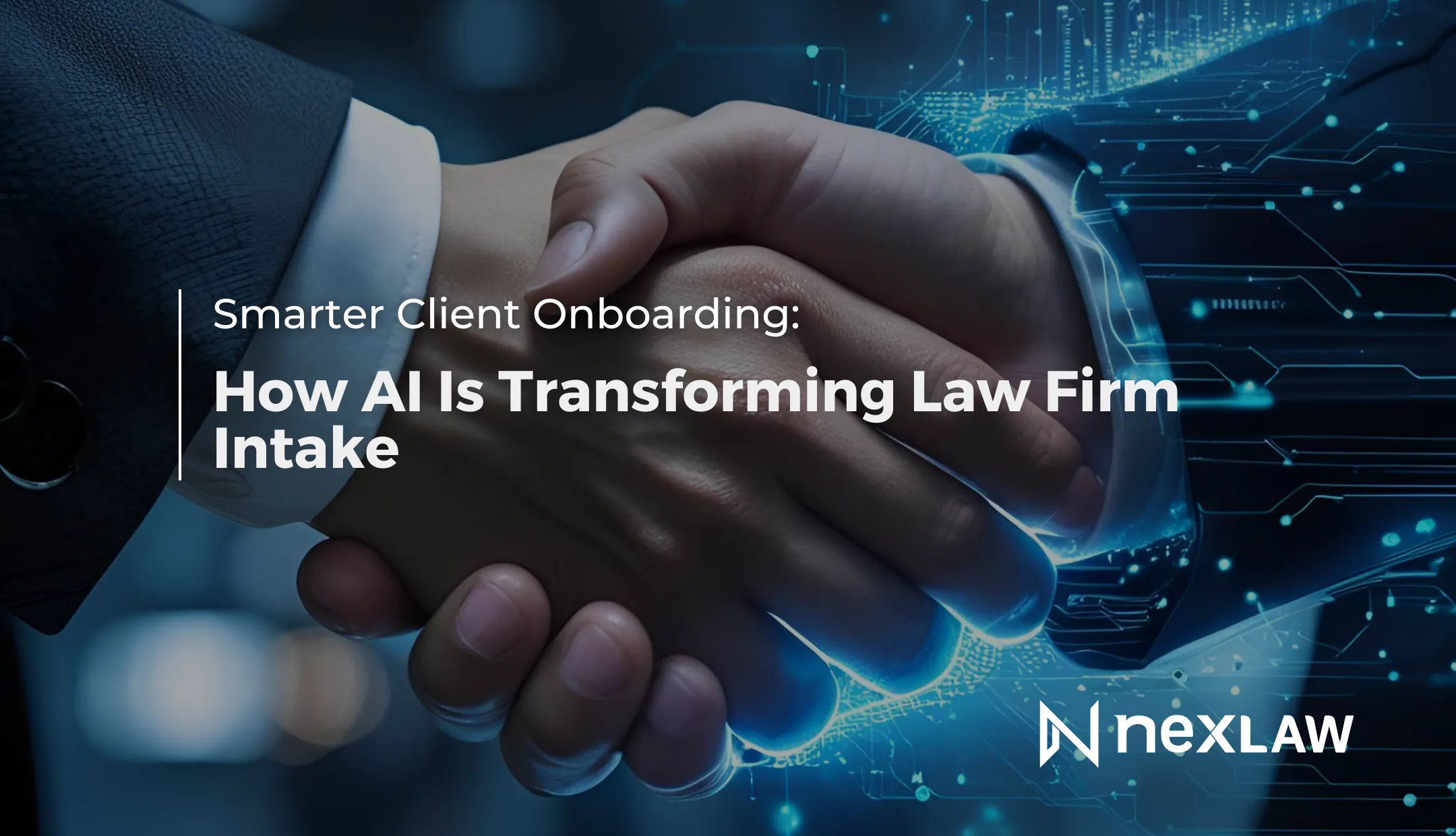Why Proprietary AI Models Are Becoming the Norm in Law Firms
A seismic shift occurred in legal AI during 2026 when expert predictions revealed that “law firms will increasingly adopt proprietary AI models to scale expertise and improve services like investigations, compliance, and due diligence.” This transition from generic AI tools to custom-built systems represents more than technological evolution it’s a fundamental reimagining of how law firms create competitive advantages and protect client data.
Unlock Legal Insights Instantly!
Harvard Law School research published in February 2026 emphasized that “the major practice or industry specific use cases now being explored promise much greater value to the firm and clients as new AI systems are trained on either proprietary firm or client data not available in the public domain.”
The Strategic Imperative Behind Proprietary AI Development
Beyond Generic Solutions to Competitive Differentiation
Legal expert predictions for 2026 indicate that “law firms and in-house legal departments will differentiate themselves through data in retrieval-augmented generation (RAG) systems that supplement foundation models.” This strategic shift acknowledges that competitive advantage lies not in AI technology itself, but in the unique data and expertise that firms can incorporate into their AI systems.
Key drivers for proprietary AI adoption:
- Competitive differentiation: Custom models trained on firm-specific expertise and successful case strategies
- Client data security: Proprietary systems ensure sensitive information never leaves firm control
- Practice-specific optimization: AI models tailored to specific legal specialties and jurisdictions
- Revenue protection: Custom AI prevents competitors from accessing firm-developed legal insights
The Economics of AI Specialization
Legal sector analysis reveals that “traditional SaaS has succeeded in standardizing solutions but failed to adapt to the highly specialized demands of legal professionals.” Proprietary AI development addresses this gap by creating systems specifically designed for individual firm workflows and client requirements.
According to 2026 industry research, “proprietary AI solutions are more cost-effective in the long term” because they optimize computational resources for specific legal tasks rather than maintaining broad general capabilities that firms don’t need.
Real-World Implementation Models
Large Language Models vs. Small Language Models
The distinction between LLMs and SLMs (Small Language Models) has become critical for proprietary AI development. Expert analysis indicates that “while LLMs act like versatile legal interns with broad knowledge, SLMs function as expert paralegals, delivering the precision required in high-stakes legal scenarios.”
Proprietary AI architecture approaches:
- Hybrid LLM-SLM systems: Large models for broad analysis, small models for specialized tasks
- Firm-specific training data: Proprietary case outcomes, successful briefs, and client preferences
- Practice area specialization: Dedicated models for litigation, corporate law, or regulatory compliance
- Client-specific customization: AI systems trained on individual client’s business and legal requirements
Document Processing and Knowledge Management
A groundbreaking example emerged from the Sawaryn & Partners Law Firm implementation, which deployed “a solution based on the Azure Open AI platform, automating document processing and analysis.” The system was “designed to ensure complete data security, guaranteeing that input and output information is not shared with external organizations or used for AI model training.”
This model demonstrates how proprietary AI systems address fundamental security concerns while delivering specialized capabilities that generic AI tools cannot match.
Regulatory Approval and Industry Recognition
First AI-Driven Law Firm Authorization
A landmark development occurred when the Solicitors Regulation Authority (SRA) “authorised the first law firm providing legal services through artificial intelligence.” Garfield.Law Ltd became “the first purely AI-based firm authorised to provide regulated legal services in England and Wales,” setting precedent for AI-native legal practice models.
SRA Chief Executive Paul Philip noted that “responsible use of AI by law firms could improve legal services, while making them easier to access and more affordable,” while emphasizing that “high professional standards” must be maintained through appropriate regulatory oversight.
Regulatory compliance requirements for proprietary AI:
- Named solicitors remain ultimately accountable for professional standards
- AI systems cannot provide legal advice on case merits without human oversight
- Step-by-step client approval required for AI-recommended actions
- Comprehensive audit trails for all AI-assisted legal work
Professional Responsibility Integration
As 16 state bars have addressed or are planning to address AI and legal ethics, proprietary AI development must incorporate professional responsibility compliance from the ground up. All ethics opinions issued so far emphasize lawyers’ supervisory duties related to AI use, requiring custom systems to include built-in oversight mechanisms.
Competitive Advantages of Proprietary AI Models
Client Confidence and Data Security
Harvard Law School research emphasizes that “clients are keenly aware of the value and risks associated with firms sharing their data with AI tools and are insisting on security measures to maintain confidentiality.” Proprietary AI systems directly address these concerns by ensuring client data never leaves firm-controlled environments.
Security and confidence benefits:
- Complete data control: Client information processed within firm-owned AI systems
- Competitive intelligence protection: Proprietary legal strategies remain confidential
- Regulatory compliance: Custom systems designed for specific jurisdictional requirements
- Client relationship enhancement: Demonstrated commitment to data security and innovation
Business Model Transformation
Legal Futures analysis predicts that “2026 will be a year when we start to see AI challenging the fundamentals of legal business models that have remained stoic for decades.” Proprietary AI enables new service delivery models that generic tools cannot support.
Research indicates that firms with proprietary AI capabilities will experience “changing focus on skills for lawyers and legal support staff” as “AI prompt engineering and tool usage become key features of roles, particularly within legal support and more junior advisory roles.”
Implementation Strategies and Investment Considerations
Building vs. Buying Decisions
Legal expert predictions suggest that “in 2026, legal AI companies will enter into licensing agreements with legal-specific publishers to secure access to high-quality legal analysis for training their models.” This trend creates opportunities for firms to either develop proprietary systems or acquire specialized AI capabilities through strategic partnerships.
Implementation approaches:
- Internal development: Building AI systems using firm-specific data and expertise
- Hybrid partnerships: Combining proprietary data with third-party AI platforms
- Acquisition strategies: Purchasing AI-native competitors to acquire capabilities
- Licensing arrangements: Accessing specialized AI tools while maintaining data control
Resource Requirements and Timeline
Skills survey data from 100 major law firms reveals that “most firms haven’t replaced legacy tools” but are instead “augmenting rather than fully swapping out” existing systems. This gradual approach allows firms to develop proprietary AI capabilities while maintaining operational continuity.
Development considerations:
- Cross-functional teams: Legal, technical, and operational expertise required
- Data preparation: Systematic organization of firm knowledge and case outcomes
- Training programs: Staff development for AI tool usage and supervision
- Quality assurance: Verification protocols for AI-generated legal work
The Future of Law Firm AI Development
The transformation to proprietary AI models reflects broader changes in legal service delivery. As one legal expert noted, firms will “begin to adopt product-focused mindsets, moving beyond traditional services” as AI enables firms to “scale expertise and create innovative tools.”
This shift represents a fundamental change in how legal value is created and delivered, with proprietary AI becoming essential for competitive positioning in an increasingly technology-driven legal market.
Build Your Competitive Advantage with Custom AI Solutions
Proprietary AI is no longer optional it’s how modern firms protect their IP, secure client data, and outperform generic tools.
NexLaw AI gives you the foundation to build firm-specific legal AI through:
- NeXa AI Assistant Offers 10 modular tools that can be trained on your firm’s internal knowledge base and workflows for customized legal reasoning.
- TrialPrep Enables proprietary strategy modeling by analyzing your past trial outcomes to refine future litigation playbooks.
- ChronoVault Organizes your firm’s historical case data, creating a structured foundation for training private AI models that reflect your legal expertise.
Stand out with custom-built intelligence that mirrors how your firm wins cases—while retaining full control over your data and insights.
Book a Demo – See how NexLaw enables custom AI development for your firm
Explore Plans – Includes a free 3-day trial to start building your proprietary AI tools
GET 15% OFF for annual plans using promo code: ANNIV15MONTHLY or ANNIV15ANNUALY
*t&c applied | visit our website for more details
